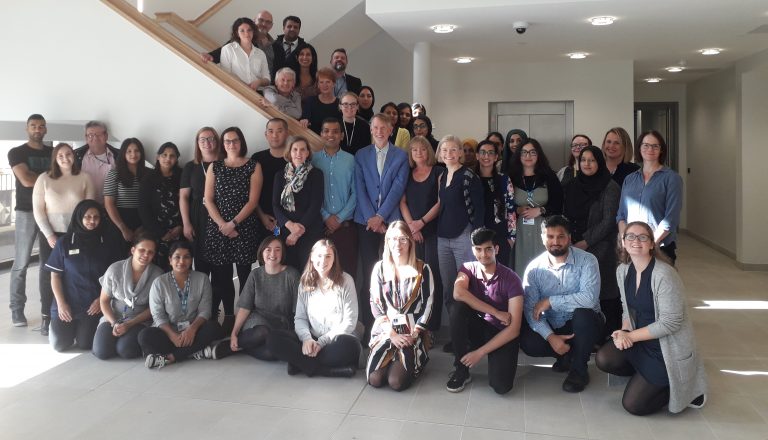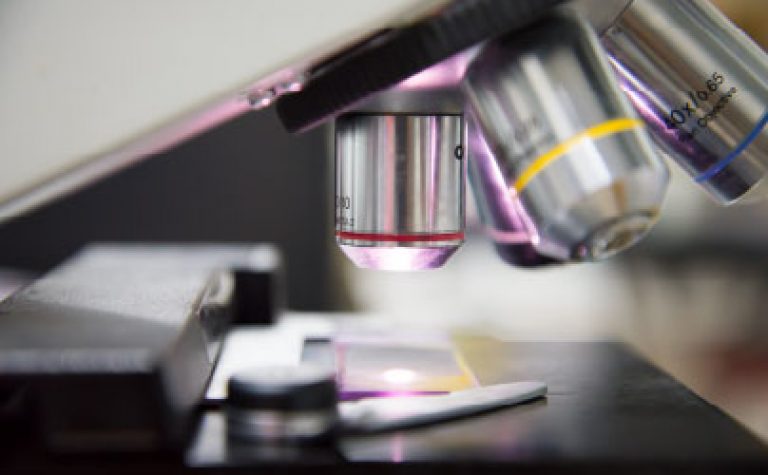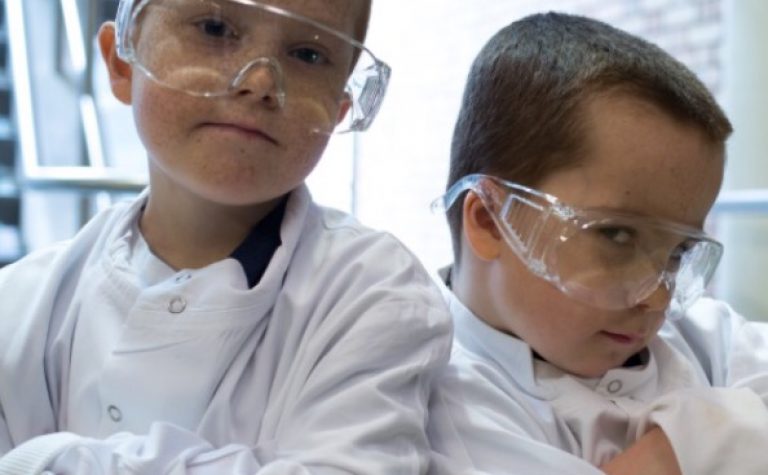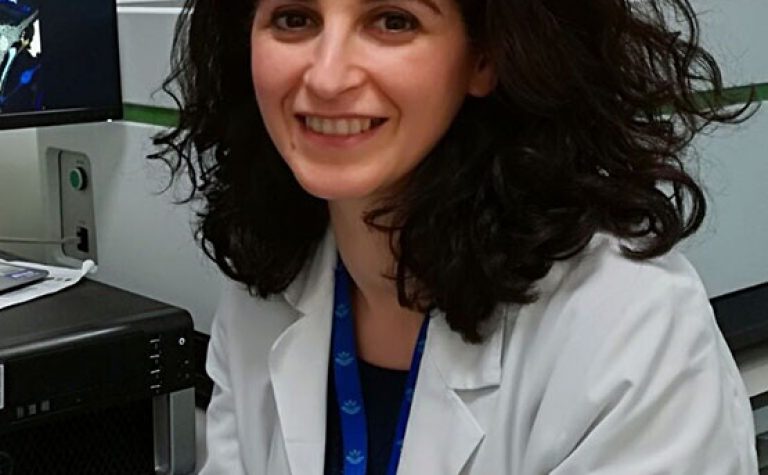Project Details
Project Title
Does maternal ambient air exposure to traffic-related particulate matter induce carcinogenic responses in the foetus.
Lead Researcher
Professor John Wright
Research Centre
Bradford Teaching Hospitals NHS Foundation Trust
City & Institution Postcode
Bradford, BD9 6R
Start Date
1 January 2020
Duration
36 months
Grant Amount
£350,000




